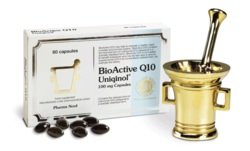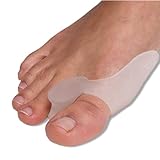Bio-Active Q10 Ubiquinol 100mg – 150 caps
Features
- BioActive Q10 is a new product containing coenzyme Q10 in the reduced form, ubiquinol.
- Coenzyme Q10 is more easily absorbed in the reduced ubiquinol form
Product Details
- ASIN: B002RSCDYE
- Item model number:
- Average Customer Review: Customer Reviews




